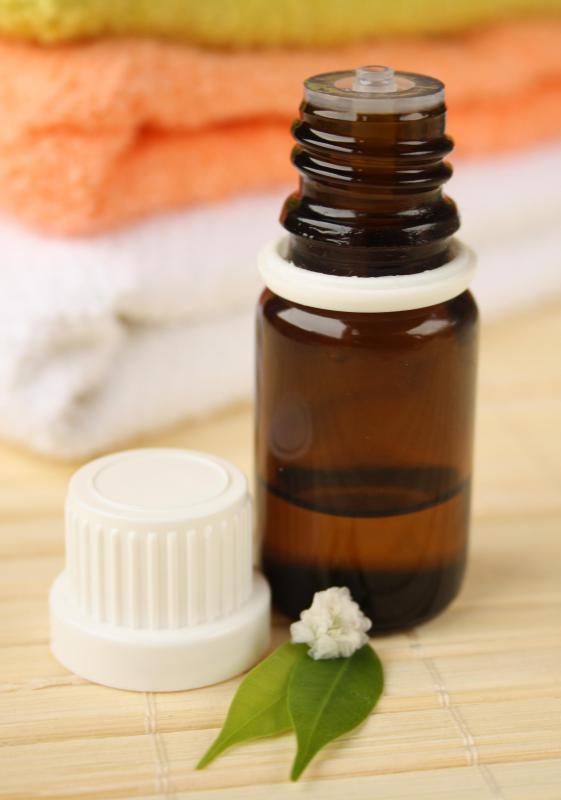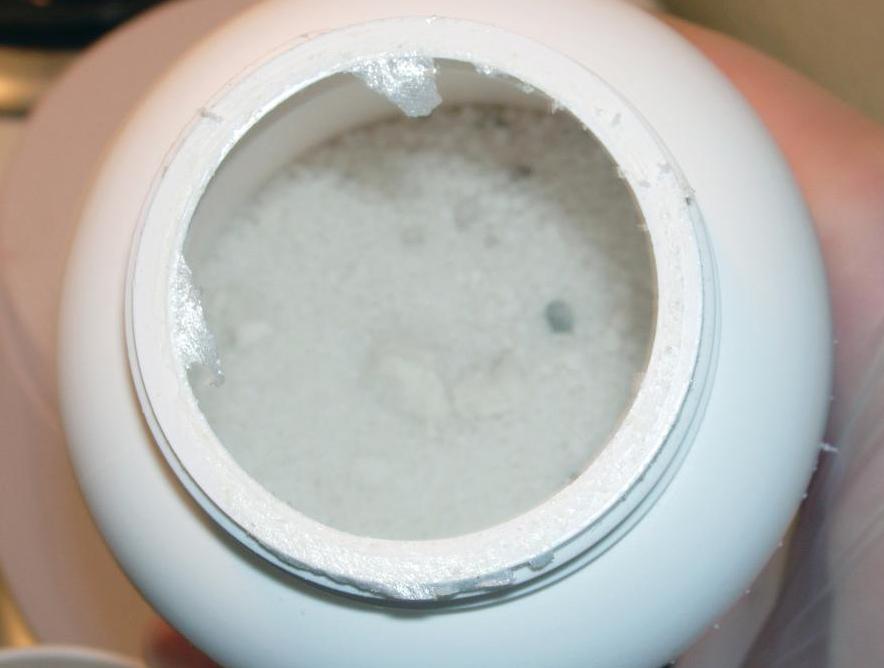At TheHealthBoard, we're committed to delivering accurate, trustworthy information. Our expert-authored content is rigorously fact-checked and sourced from credible authorities. Discover how we uphold the highest standards in providing you with reliable knowledge.
What is Antiseptic Soap?
Antiseptic soap, sometimes called antibacterial soap or anti-fungal soap, is regular soap in liquid or solid form that contains some kind of ingredient that reduces the chance of infection when applied to the skin. These products also have antimicrobial properties, meaning they kill or inhibit the growth of microbes like bacteria, virus, or fungi. Alcohol, triclosan, and tetrasodium EDTA are three antiseptics commonly used in soap, and they are all examples of antibacterial antiseptics, meaning they are proven to be effective against bacteria.
Other antiseptics have anti-viral properties, and some are anti-fungal and can be used to treat or prevent fungal infections like athlete's foot, ringworm, or vaginal yeast infections. Many antiseptics have a combination of these various properties. Some essential oils, such as tea tree oil, contain naturally occurring antiseptics called terpenes that have antibacterial, anti-fungal, and antiviral properties. These various kinds of antiseptic ingredients are also used in soap.

Regular soap also has antiseptic properties by itself. Pure soap is made using some kind of animal or vegetable fat that is treated with an alkaline solution, commonly lye. Soap cleans and disinfects by making oils dissolve in water, thereby removing dirt and debris as well as various microbes present on the skin. Several scientific studies have shown that hand-washing using regular soap and water while scrubbing the hands for 15 seconds removes as many bacteria and other microorganisms as antiseptic soap containing triclosan. These tests were done using commonly available soaps with relatively low levels of triclosan, so the results might not apply to products containing more triclosan or to soaps made with other antiseptic ingredients.

Some scientists and medical professionals are critical of the increasing use of antiseptic soap and the addition of antibacterial ingredients to so many cleaning products. They believe that this practice might lead to more strains of bacteria becoming resistant to antibacterial agents, eventually causing antibiotic medications to become less effective. This could make it more difficult to treat serious medical conditions caused by bacteria, like staph infections and pneumonia. For example, many microorganisms are already resistant to triclosan, meaning that even though it is a proven antibacterial agent, it may not be as effective as stated by some soap manufacturers because many strains of bacteria are immune to it.
AS FEATURED ON:
AS FEATURED ON:
















Discussion Comments
Has anyone tried spraying an antibacterial liquid soap and water solution on plants to prevent fungi or aphids?
Will it work? Is it damaging to plants?
@MikeMason-- I'm guessing your liquid soap contains alcohol. Alcohol is very drying for skin. That's why I make sure to get antiseptic soap with moisturizers in it. Tea tree soap is also a good choice. It's antiseptic but not drying.
My daughter plays outside everyday and the pediatrician said to buy antiseptic soap to make sure she isn't picking up germs and bacteria from outside.
I have done that but I also don't want my daughter to become extremely sensitive to bacteria and get sick often or develop allergies. I want her own immune system to strengthen to fight against bacteria instead of relying on antbacterial hand soap and other similar products.
I've heard that the kids of parents who are extremely sensitive about hygiene suffer more from allergies. So I'm not sure what I think about antiseptic soap as of right now. I think it might be better to use it when she has a scrape or other injury for sanitizing purposes rather than as a daily hand soap.
I'm very concerned about hygiene so I always make sure to purchase antiseptic liquid hand soap for home. But antiseptic soap is so drying! My hands are in terrible shape since I've started using this type of soap. Why is this?
Post your comments